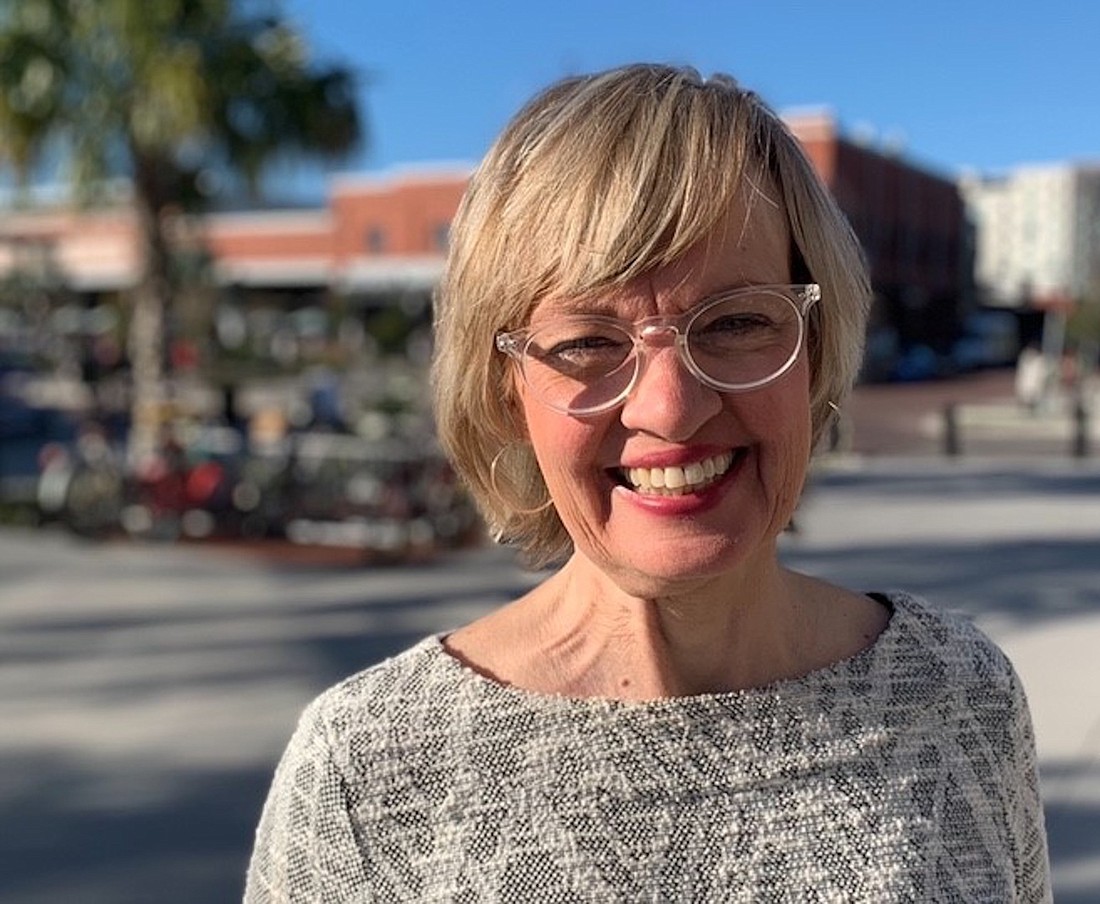- December 15, 2025
-
-
Loading

Loading

COVID-19 should have been a death knell for the Tampa regional chapter of the Urban Land Institute (ULI).
That’s because the prominent commercial real estate industry group relies heavily on in-person meetings, networking sessions and educational seminars to maintain member interest and engagement.